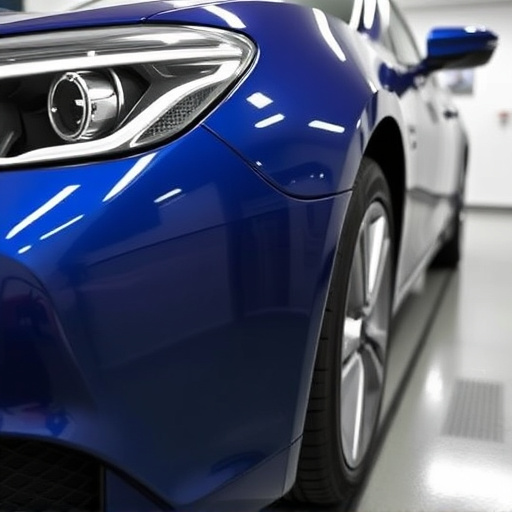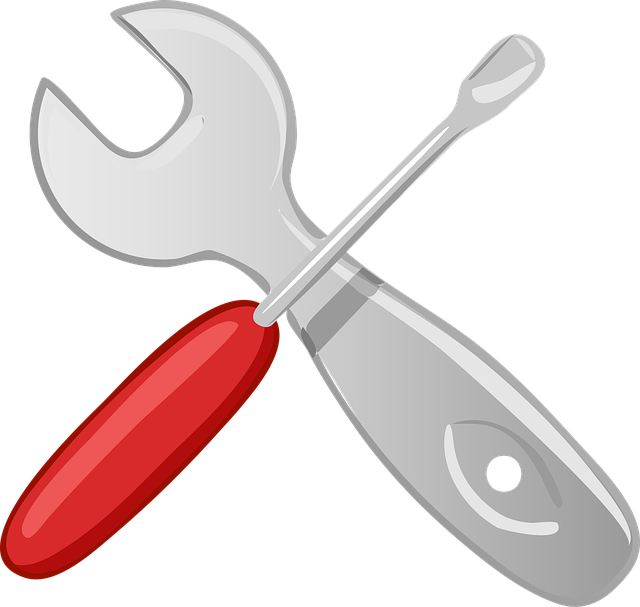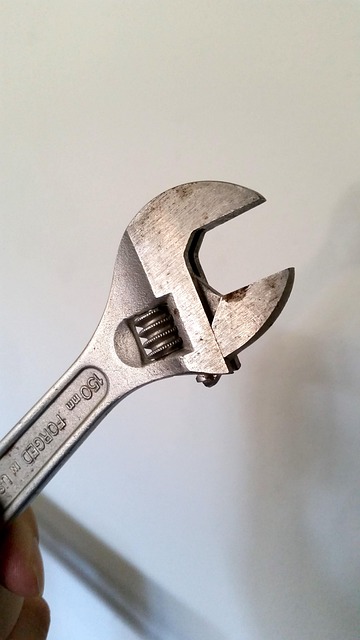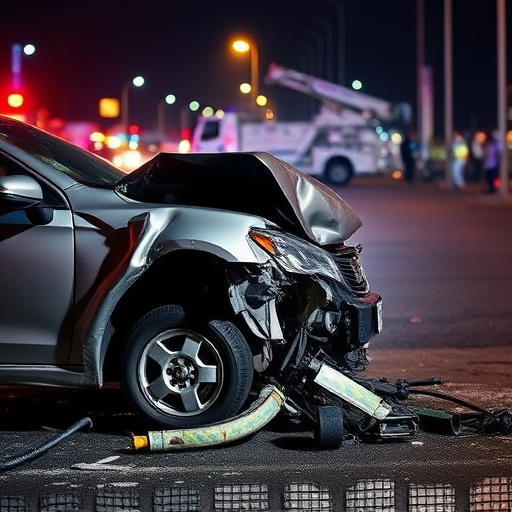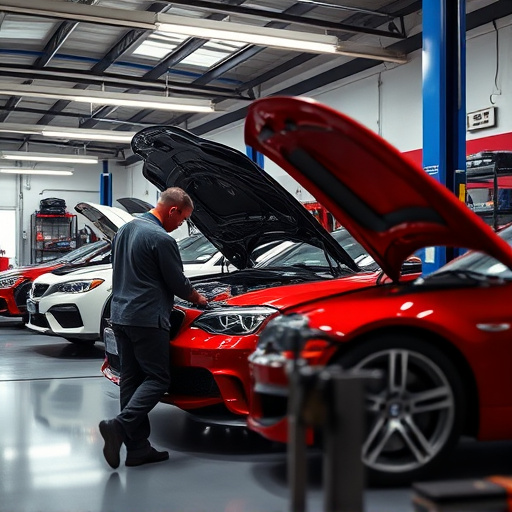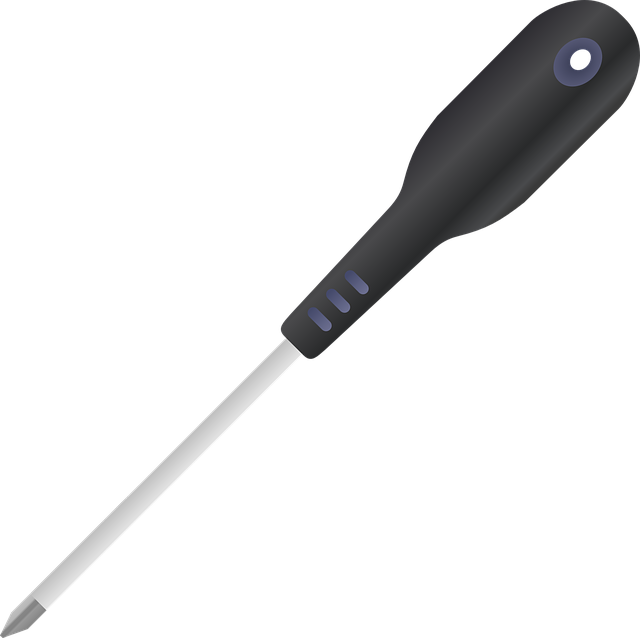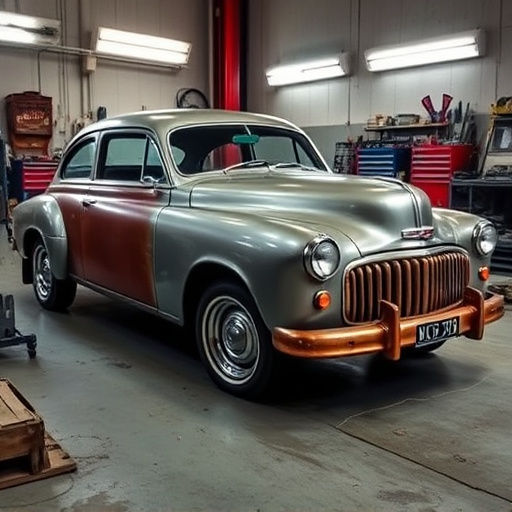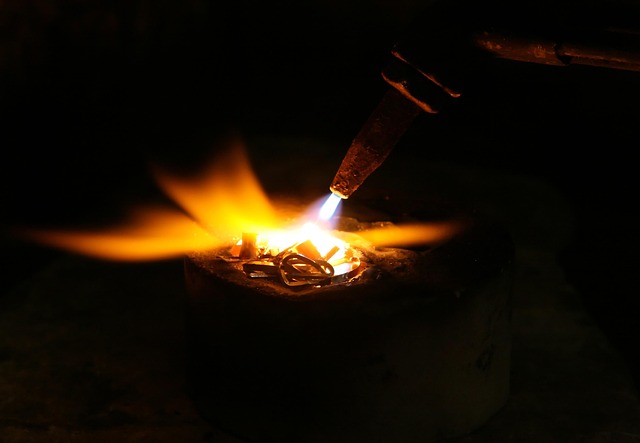Balancing repair vs replace decisions for vehicle maintenance is key to preserving residual value. Cost-effective repairs, especially for specialized parts, can be more affordable than replacements. Regular tire services and collision repair assessments consider part age, condition, budget, performance impact, and safety. Quality repairs minimizing depreciation, while well-maintained older vehicles retain higher values, appealing to discerning buyers.
When faced with a damaged car, the dilemma of repairing or replacing often arises. This decision significantly influences your vehicle’s residual value. Understanding the repair vs. replace dynamics is crucial for maximizing your investment. Factors like cost-effectiveness, part availability, and potential future repairs impact post-repair car value. Armed with knowledge, you can make informed choices, ensuring a healthier balance between keeping costs low and maintaining your vehicle’s resale appeal.
- Understanding Repair vs Replace Dynamics
- Factors Influencing Car Value Post-Repairs
- Strategies for Maximizing Your Vehicle's Resale Value
Understanding Repair vs Replace Dynamics
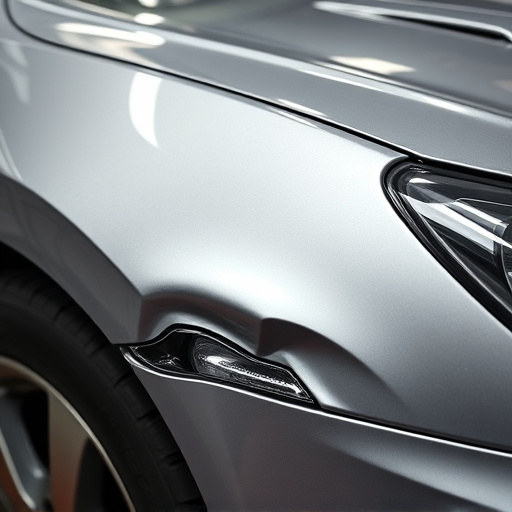
Making the decision between repairing or replacing a damaged car part is a delicate balance that can significantly impact your vehicle’s residual value. Understanding the dynamics of this choice is crucial for any car owner looking to maintain their investment. The primary factor in this equation is the cost-effectiveness of repairs versus the acquisition price of new parts and labor. In some cases, particularly with more specialized components like auto glass replacement or intricate collision damage repair, it might be more affordable to replace than to fix, ensuring a higher level of safety and performance.
However, for everyday wear items, such as tires, regular maintenance and repair can extend their lifespan, saving you money in the long run. This decision often comes down to the age and condition of the part, your budget, and the potential impact on vehicle performance and safety. A thorough assessment, considering options like tire services or collision damage repair, will help guide your choice, ensuring you make an informed decision that preserves your car’s value.
Factors Influencing Car Value Post-Repairs
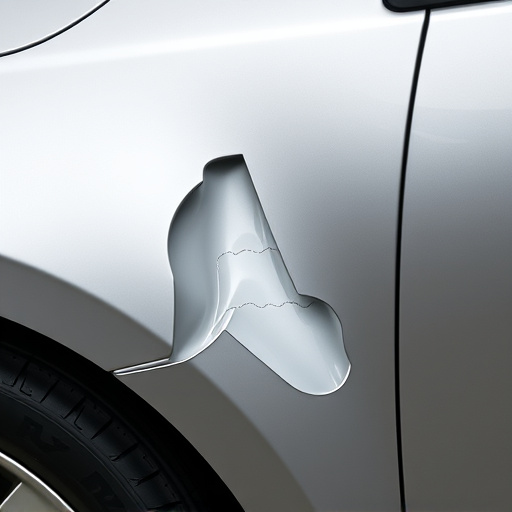
After repairs or replacements, several factors significantly influence a car’s residual value. The extent and complexity of the damage play a crucial role; minor cosmetic issues like dents or scratches might not impact value much, but extensive bodywork or frame damage could leave a lasting effect. The quality of repair work is also essential; professional automotive collision repair ensuring accurate alignment and original vehicle paint repair can preserve the car’s pre-incident condition, minimizing depreciation.
Additionally, the age and overall condition of the vehicle before the incident are considerations. Older cars might depreciate faster post-repairs due to wear and tear, while well-maintained vehicles could retain more value. Market demand for the specific make and model also matters; some cars have a higher demand or collector appeal, ensuring their value stays stronger despite repairs.
Strategies for Maximizing Your Vehicle's Resale Value
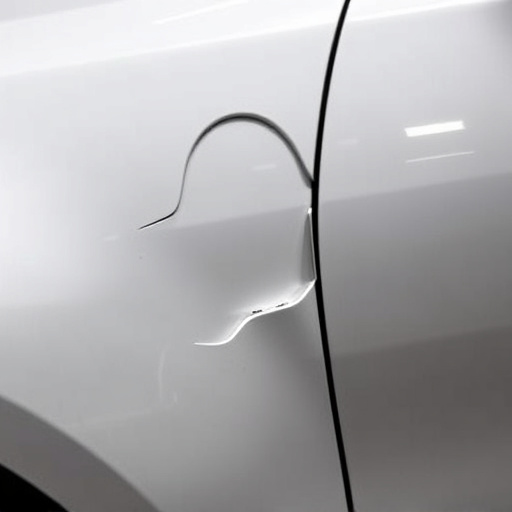
When facing repair vs replace decisions for your vehicle, maximizing its resale value should be a priority. One effective strategy is to prioritize cost-effective repairs that maintain or enhance the car’s original condition. Regular maintenance and timely repairs can significantly extend your vehicle’s lifespan and keep it in demand among potential buyers. For instance, addressing minor issues like a cracked windshield or worn-out tires early on can prevent them from escalating into more expensive damage later.
Another key aspect is to document all maintenance and repair work performed. Well-kept records, including receipts for auto body services or mercedes benz repair, demonstrate a history of responsible ownership. This transparency builds trust with potential buyers and can command a higher resale value. Additionally, focusing on high-quality repairs rather than quick fixes shows that you’ve invested in the vehicle’s long-term health, making it more appealing to discerning buyers.
Making informed repair vs replace decisions is key to preserving your car’s value. By understanding the dynamics at play and considering various factors, you can maximize its resale potential. Implementing strategic maintenance and timely repairs ensures your vehicle remains in top condition, ultimately enhancing its longevity and market appeal.
